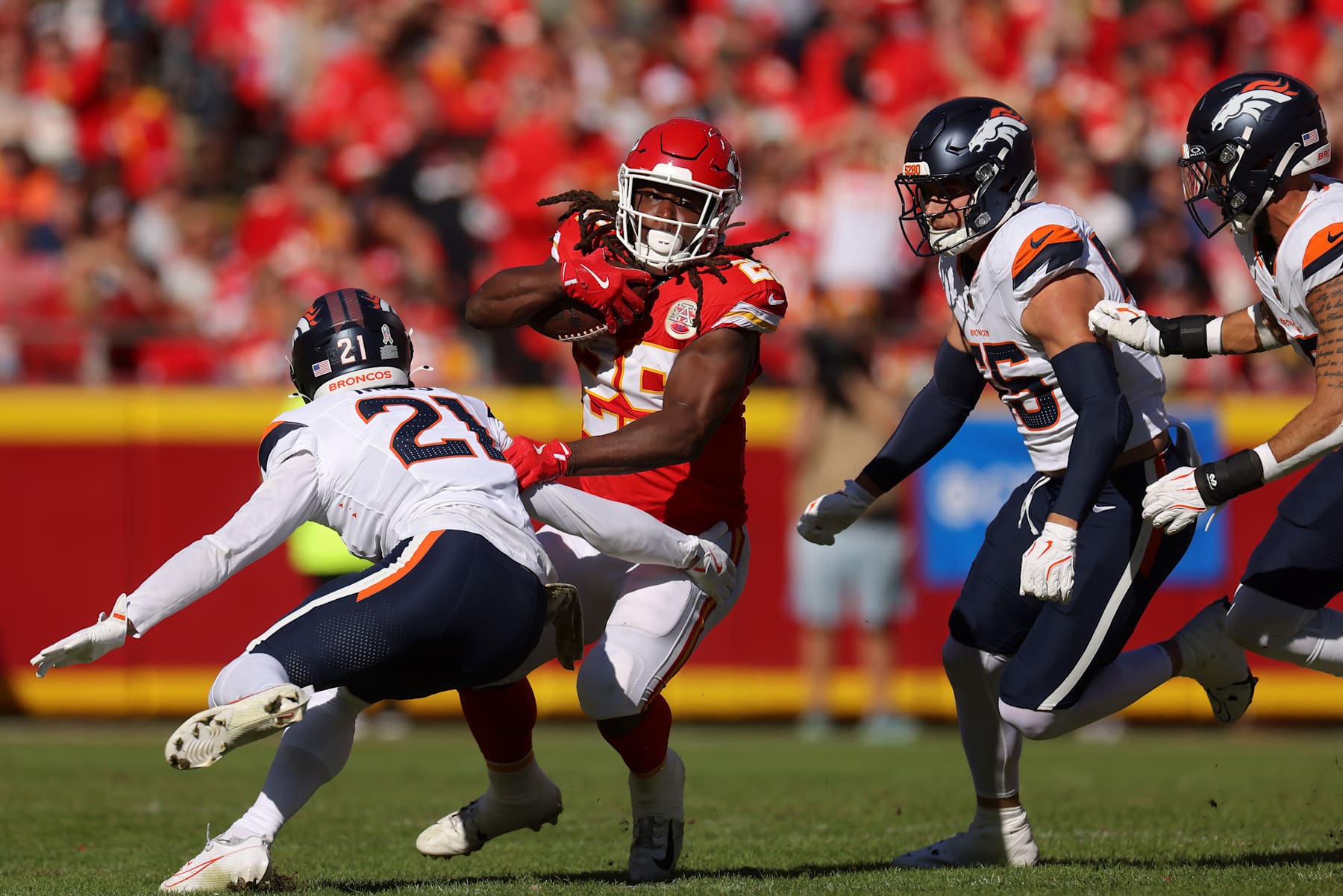
The Indianapolis Colts made the decision on Tuesday to bench second-year quarterback Anthony Richardson and roll with veteran Joe Flacco as their starting quarterback. It is an eye-opening move because the Colts invested a top-five pick in Richardson just one year ago and were counting on him to stop their revolving quarterback door. The decision, however, is completely justified if the Colts are trying their best to win football games and make the playoffs this season.
Flacco is the better quarterback right how, while Richardson has faced intense criticism after briefly tapping out of Sunday's loss to the Houston Texans because he was, in his own words, "tired." There are two key takeaways with this. The first is that scouting quarterbacks and developing them is an inexact science that will always have a high bust rate in the draft.
The second is that maybe NFL teams are too quick to force young quarterbacks into action. It used to be that unless you were a No. 1 overall pick or a rare, can't miss prospect, young quarterbacks would sit on the bench for at least one year, and maybe even multiple years, before they were given a chance to start.
It was not uncommon for a team to use a top pick on the position and willingly sit them on the bench for multiple years to learn the offense and understand life in the NFL. But as head coaches and general managers get shorter leashes with teams and face more intense pressure to win, they have accelerated the timeline for quarterbacks to play. There is more urgency, more pressure and higher expectations.
This forces teams to expect immediate results, and when they do not get them, they quickly move on. It is not doing anybody any favors, including the quarterbacks. This is incredibly true with quarterbacks like Richardson who enter the NFL with little experience in college and were always regarded as developmental projects.
There is a massive jump from the NCAA to the NFL, and when you have a quarterback like Richardson that was only a full-time starter for one year in college you are truly putting them into a sink-or-swim situation. They typically sink. Even though most teams want to see immediate results and throw their young quarterbacks to the wolves, there are still some examples in the modern NFL as to how some patience can be beneficial.
Aaron Rodgers has put together a Hall of Fame career with four MVPs and a Super Bowl title. He sat on the bench for two years before he started. Jordan Love is one of the best quarterbacks in the NFL for the Green Bay Packers.
He sat on the bench for two years before becoming a full-time starter. Patrick Mahomes is on his way to becoming one of the best to ever play in the NFL, and spent his rookie year sitting behind Alex Smith. Lamar Jackson is a two-time MVP and could be working on his third MVP and he did not play until later in his rookie season while sitting behind Flacco.
There is also an extensive list of quarterbacks in the NFL right now that washed out with the team that forced them into action, and then found success in a different setting with more experience. It is true for Geno Smith in Seattle, Baker Mayfield in Tampa Bay and Sam Darnold in Minnesota. Even former Chicago Bears quarterback Justin Fields looked like a different and more successful quarterback with the Pittsburgh Steelers earlier this season before veteran quarterback Russell Wilson regained his starting job with the team.
Maybe Richardson is not the answer for the Colts long-term. But they probably could have stood to let him get some development time behind a veteran before forcing him into action and watching him fail. There is a lesson here for them and almost every other team in the NFL.
Have some more patience with your quarterbacks before you expect them to lead your franchise to the Super Bowl..













